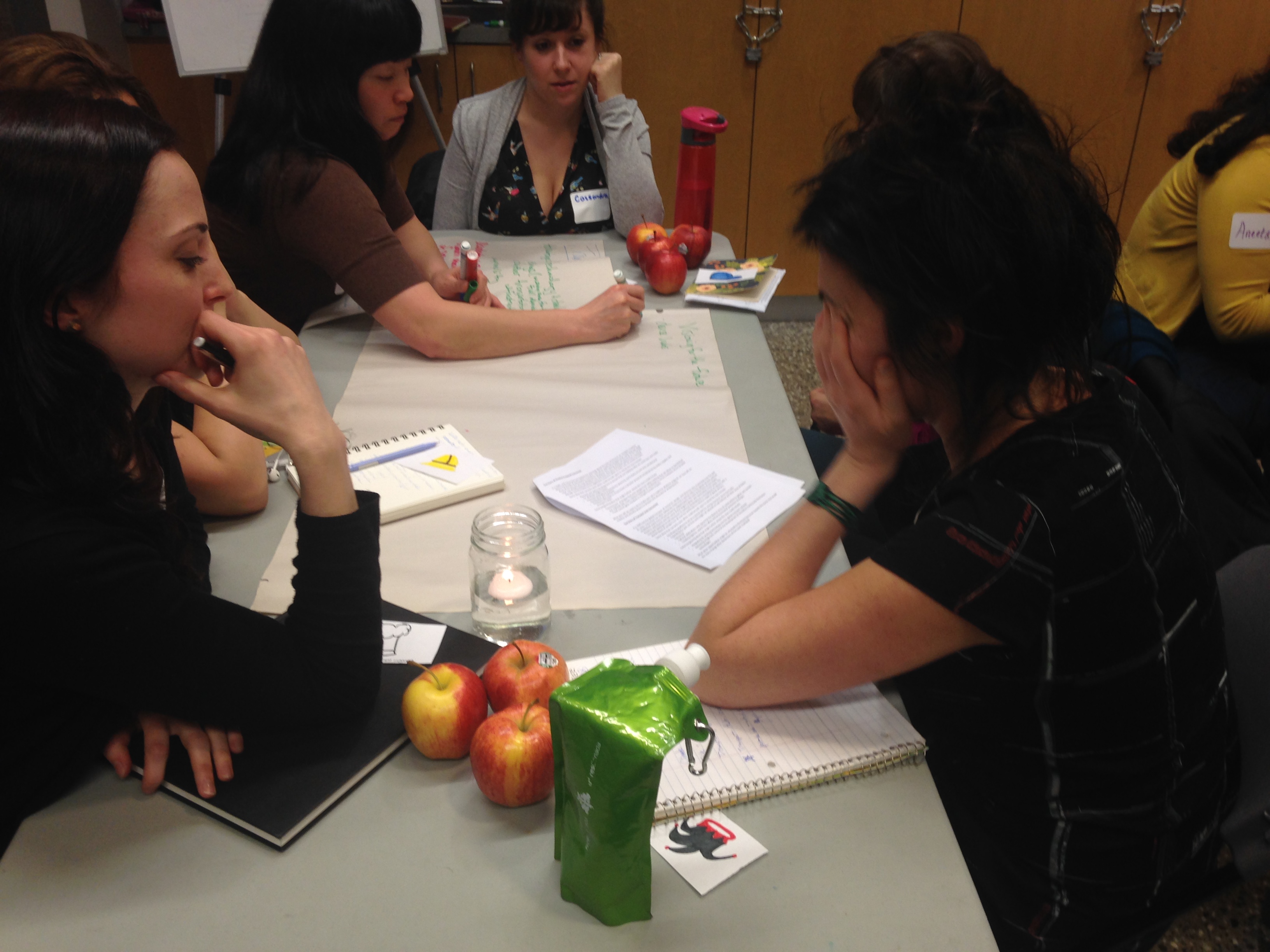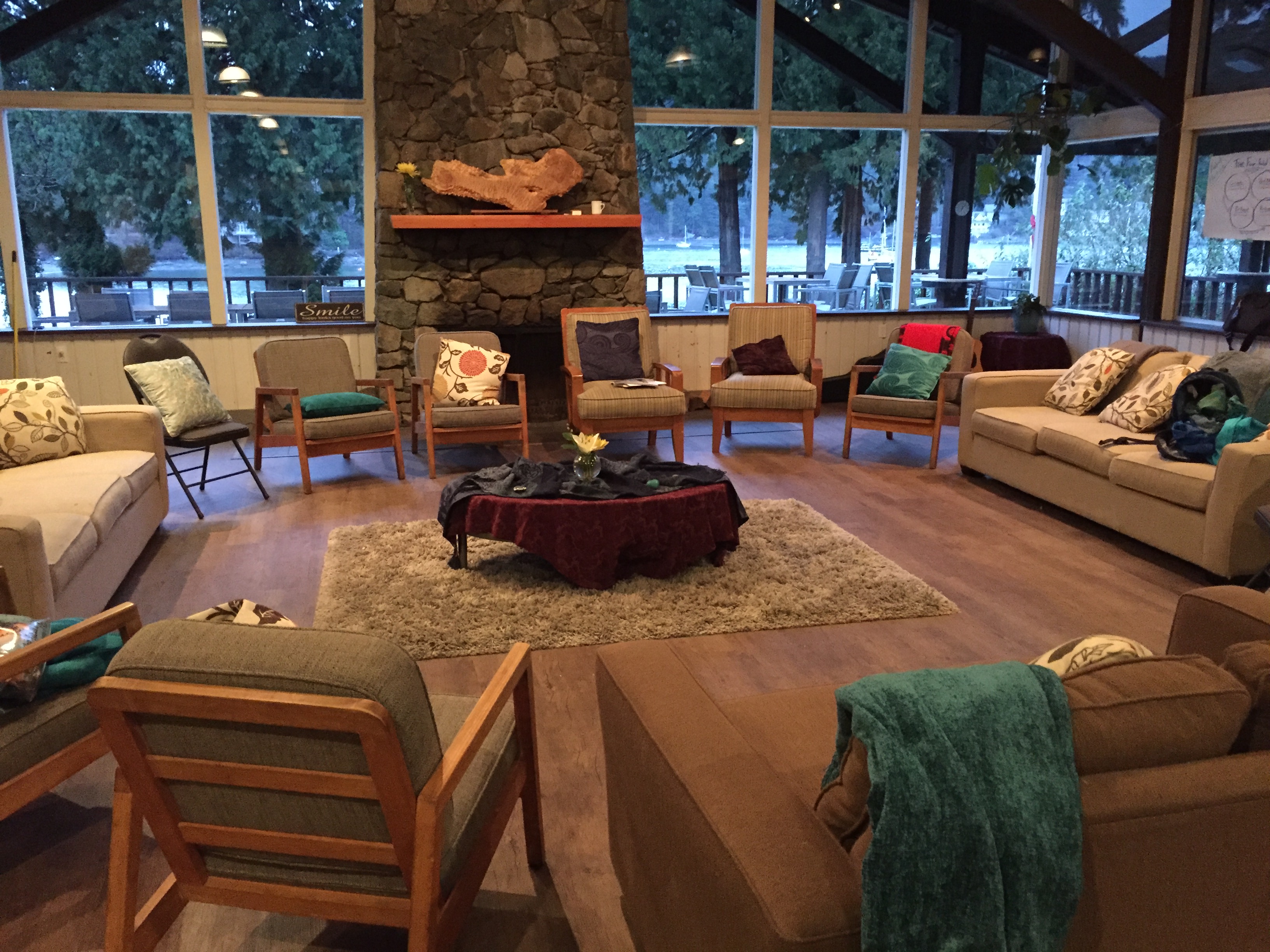
I’m in New Mexico this week where we will be back together with our colleagues from the Navajo Nation, working together to keep finding collaborative ways to address health and wellness and community resilience in the Navajo Nation. Doing this is an ongoing skill and practice. There are no answers, only different situations that require us to keep working together. A key skill in being able to address issues you don’t know anything about is to stop and ask for help. My friend Tenneson Woolf, with whom I spent the last weekend in Salt Lake City, sometimes tells a useful …

Today a client emailed me with a small anxiety about setting up a meeting room in a circle. The work we will do together is about rethinking relationships in a social movement and the concern was that it was already unfamiliar enough territory to work with. Setting up the room in a circle might cause people to “lose their minds.” I get this anxiety, because that is indeed the nature of doing a new thing. But I replied with this email, because I’m also trying to support leadership with my client who is doing a brave thing in her calling:

This morning we began our Harvesting and Collective Sensemaking online course. Rowan Simonsen, Amy Lenzo and I were really excited to be able to share our first little insights with people, and especially this new mnemonic that we created to capture five key principles of harvesting practice: PLUME. We are excited to introduce this into the world.
In the complex space, Paul Hobcraft shares some very good guiding principles, but the whole post shimmers with good advice about transformation, and is applicable to movement building, network organizing and enterprise. Today corporate transformations must be designed and executed quickly and routinely—not as once-a-decade events. Management teams are looking for best practices that increase speed and reduce the risk of pursuing business model innovation and change. That’s where minimum viable transformation comes into play. Before diving in, management teams should consider these five principles: 1. Learn how to learn. The central goal of minimum viable transformation is to learn …
Caitlin and I are hosting a learning process for the Vancouver Foundation which has brought together 11 people from community foundations around BC. We are trying to discover what kinds of new practices community foundations can adopt to roll with the changing nature of philanthropy and community. It’s a classic complexity problem. The future is unknowable and unpredictable. Data is plentiful but not helpful because context trumps all. There are competing experts with different hypotheses of what should happen. These twelve people are brave. They’re willing to be the innovators in a sector that is by nature fairly conservative when it comes …

